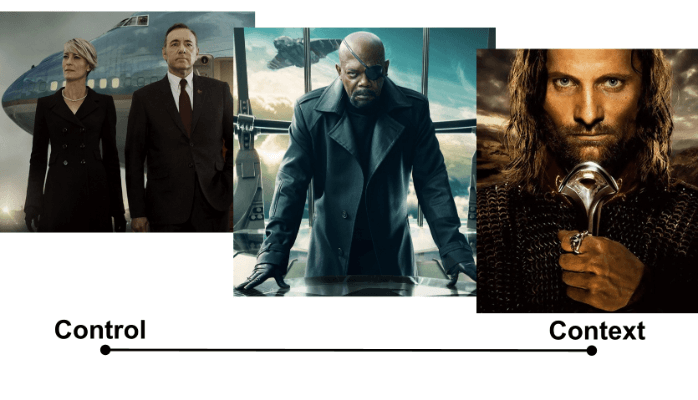In 2009, Netflix published the now famous “Culture Deck”, 120 slides, a manifesto for the revolutionary culture created at Netflix.
Sheryl Sandberg famously referred to this deck as “the most important document ever to come out of the valley”. It is still available to view and very much worth reading in full.
So. what is so special about the Netflix culture, and, now that this 2009 deck has been updated and abbreviated to 10 pages of prose, what can I synthesise and distil for you in a post of no more than two pages of prose?
I’m passionate about smashing paradigms in general, and particularly in the idea that businesses need to be run by all-powerful leaders and a “command and control” strategy.
At a level that still will seem only slightly less esoteric to the majority of business leaders, Netflix has fundamentally smashed paradigms on the need for command and control leadership and continue to evolve their culture as with their June 2017 update.
So, as a leader reading this post, I ask you to take a few minutes to read both the 2009 deck and then the 2017 update, then come back and below I capture what to me is the essence of all of this.

Image from Steve Urban’s article on LI (see below)
A little about me first. With over thirty years of business experience behind me, for at least the last fifteen years I’ve shifted from a focus solely on the numbers and related metrics to a focus on culture and other human, supposedly intangible elements in business. In fact, in just yesterday’s post, I mused on what business already is moving to and will look like in this 21st century. Mystic realism was the term coined: “an idea of leading business through a blend of commercial drivers, numbers, direction, work ethic (the “traditional” 20th century way), with a sense of belief and then allowing the mystical.”
For over a decade, I’ve focussed on supporting leaders and organisations through not just change, but those who work with me are committed to brave and transformative change. Often, no scratch that, ALWAYS that means they absolutely commit to bravely looking at their culture and seeing what they need to change to support delivering on their brave vision.
In all of these years, what does it come down to for me?
I saw the words in that latest Netflix culture page, hence the title of this page :
Context, not control
Even with all my experience as first manager, then leader, then coach and sounding board, ultimately CONTEXT is really the only tool a leader needs to focus upon to effectively lead.
What do I mean? Well, fundamentally, the opposite of Control is Trust. Trust then means empowering our people, creating a space for them to make decisions themselves, trusting and believing in them, and supporting them to BE empowered and to trust and belief in themselves.
Leadership is about context, not control.
Management is de facto in the word itself, about control. Yes, apologies to those who have the word manager in their job title or consider themselves a manager, even managing director. Yes, we all lead at some level in our roles, I am simply making a clear distinction here. Leaders don’t control, they lead from context.
So, my synthesis of all of the Netflix culture documentation leads me to distil the essence of the message down to
Context, not control
I then searched on that term, and immediately found a wonderful article by Steve Urban of Netflix, and that article even predates the June 2017 update by nearly two years. Oh, and Steve, love the movie imagery in your picture, I LOVE using movies to make points 🙂
In my years with Shirlaws, I learned and still teach leaders the “three tenets” of leadership :
- Set (and Hold) the Context
- Manage the Energy
- Coach, Don’t Play
This is it. In coaching and supporting leaders as their sounding board, everything sits under these three areas, and above all else is to stay in Context.
Set the Context for your people, then create the environment for them to thrive in an empowered and self-organised way.
Context, not control
